Are smartphones becoming the latest weapon to stop spreading the COVID-19 number of infections? Well, it seems countries across the globe are trying every trick in the book to contain and get rid of coronavirus. Various technologies including mobile phones are being deployed in the fight against the pandemic.
Do follow our special coverage on coronavirus over here.
Tracking infected people has become a crucial step to contain the spread of the virus. Through geolocation, mobile technology offers a simple solution for tracking people affected by a coronavirus. However, this raised many questions including the violation of citizens’ privacy as well. Upon this, a set of principles and best practices have emerged internationally to guide data collection during disaster times.
In this regard, here are some of the tools deployed by different countries with smartphones.
Contact tracing apps!
Contact tracing technology makes use of Bluetooth on smartphones, which is a short-range mode of communication. When an app using the service detects that a user’s phone is in close proximity to another phone that has a similar app installed, it is logged. In case the user later reports testing positive for the coronavirus, the app makes it easier to find people that might have come in contact with the person and perform rapid testing.
The primary purpose of the contact tracing app is to let people know if they have been in close contact with someone who got affected by a coronavirus.
Britain’s NHS Contact tracing app
The Britain government has been working on a contact-tracing app for a long time now. Earlier in May, the UK government launched the app as a pilot on the Isle of Wight. According to The Telegraph, Matt Hancock, the Health Secretary, has faced criticism for so far recruiting only 1,500 contact tracers of the Government’s 18,000 target by mid-May.
The main purpose of this app is to try and track down people and alert them. The NHS’s technology and research arm NHSX has developed the app with Oxford university and developers from companies like VMWare.
Dutch app that ensures users’ privacy!
Based out of Amsterdam, Geospark, the location tracking, and intelligence platform have launched the C19 mobile app, a free and ready-to-use solution for authorities battling the coronavirus outbreak around the world.
The app helps make decisions and take actions based on data made available through users’ input and their GPS location. Importantly, it ensures the users’ privacy, making sure that the data is collected and shared securely and anonymously.
According to the Dutch company, the app can help any government or health institution to collect, analyse, and use the data made available in order to make key decisions to battle the coronavirus outbreak.
DreamLab app: uses smartphones to help speed up research
Vodafone in collaboration with Imperial College London has developed an app called DreamLab in a bid to fight against COVID-19. The free DreamLab app enables smartphone users to harness the collective processing power of their mobile phones to help speed up research into treatments for the novel coronavirus (COVID-19).
The project combines artificial intelligence and the processing power of idle smartphones to speed up the discovery of novel anti-viral components in existing medicines and help the hunt for anti-viral molecules in foods.
The app works by creating a network of smartphones to power a virtual supercomputer, capable of processing billions of calculations, without collecting or disclosing users’ location data. No personal data is downloaded to or processed from the user’s device.
COVID Symptom Tracker
COVID Symptom Tracker app is designed to track people who have symptoms of the novel coronavirus. This app asks the user to fill basic data including age, sex, and others including existing medical conditions if any.
The app then asks the users to take 1 minute each day and report their health. It was designed by doctors and scientists at King’s College London, Guys and St Thomas’ Hospitals, and Zoe Global Limited, a health technology company.
Mouth Swab test with no laboratory involvement!
GeneMe, a biotech company based in Gdańsk, Poland has developed “FRANKD”, a reliable mouth swab test that is completed on-premises in on average 13-25 minutes with no laboratory involvement. The test has been validated with 100% Sensitivity and 100% Specificity by the Gdańsk University of Technology.
Notably, FRANKD requires less time to produce a result than the gold-standard RT-PCR (Reverse Transcriptase Polymerase Chain Reaction) reference test recommended by the World Health Organization. With consent, results are automatically issued on to each individual’s secure, free Yoti digital ID app. It’s worth mentioning that the test uses a patented enzyme rather than the currently scarce reagents used in RT-PCR tests to rapidly-produce a definitive and reliable result.
Also, FRANKD is currently in talks with governments and businesses across Europe to roll out millions of tests over the coming months.
First SARS-CoV-2 app
Covive is a global initiative from BioneXt Laboratories, powered by Medicus AI. This platform guides users in evaluating your probability of having contracted COVID-19 and helps you monitor your symptoms and vitals whether you have tested positive for the virus or not.
The Covive app is a regulated medical product and the first SARS-CoV-2 app, which has received a CE medical device class 1 certification.
Main image credits: Firn/Shutterstock
Stay tuned to Silicon Canals for more European technology news



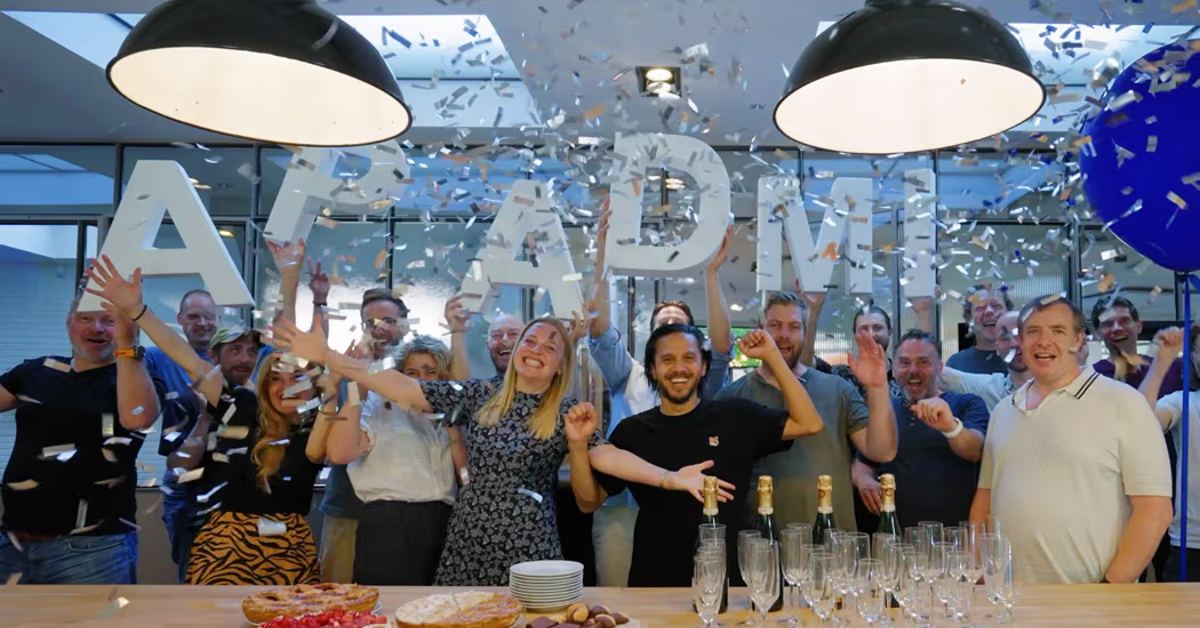
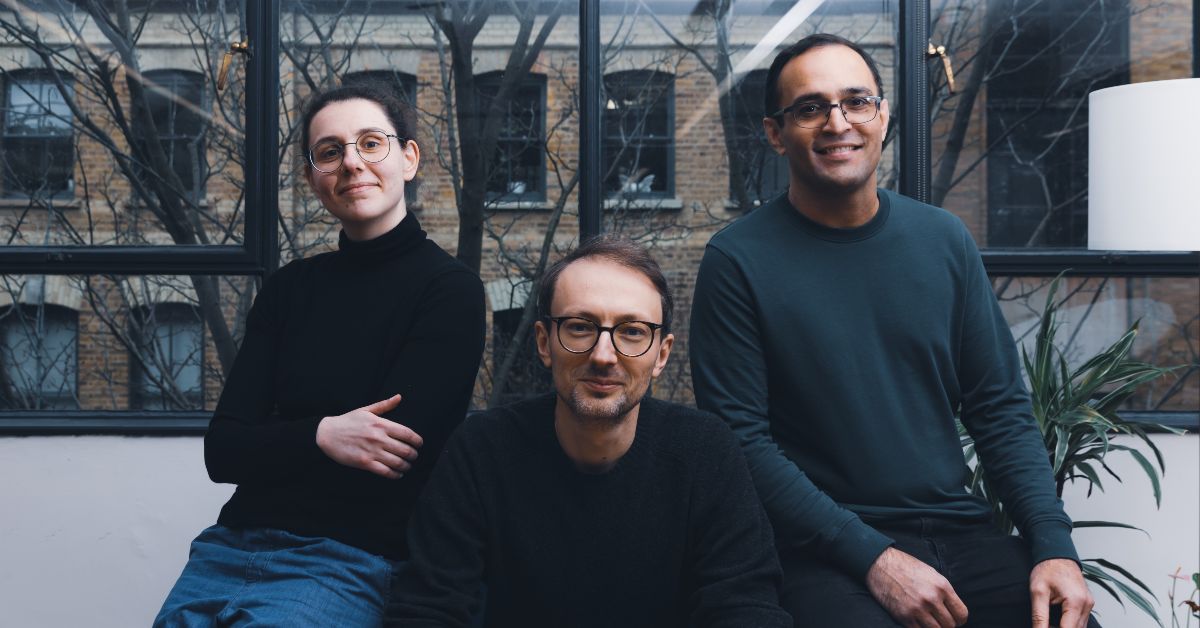
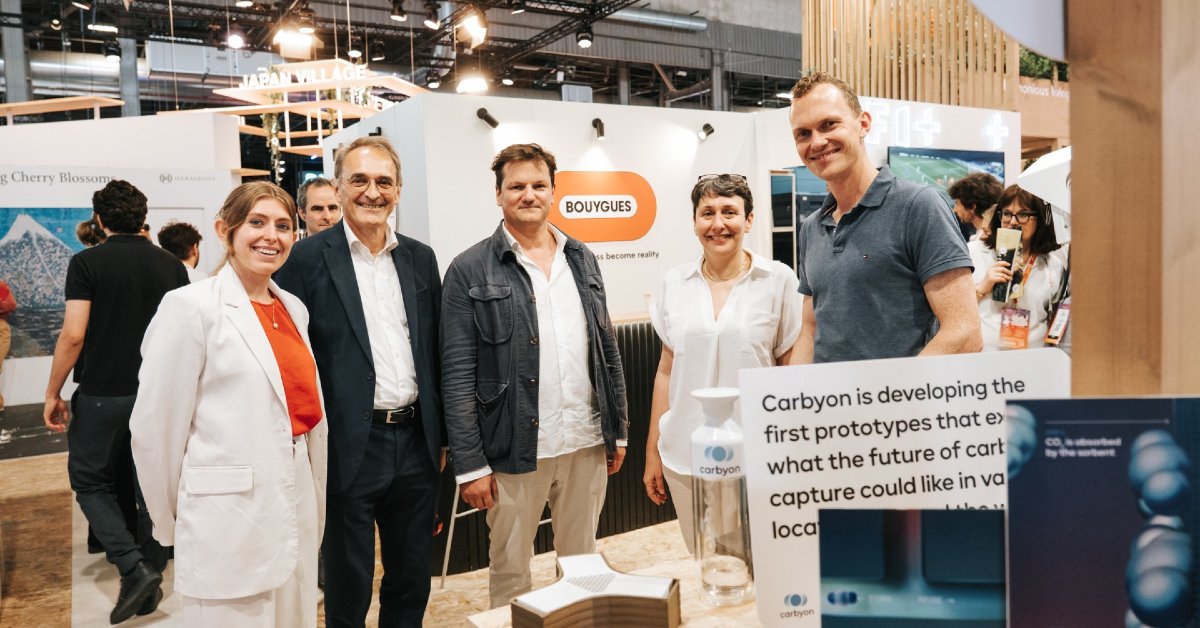
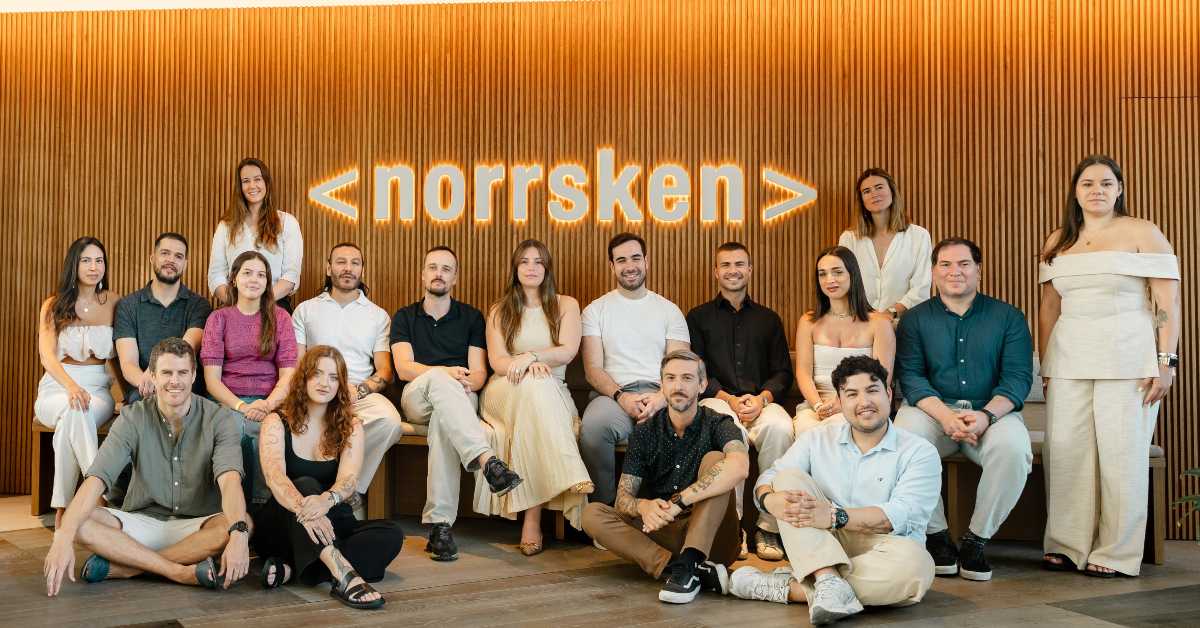
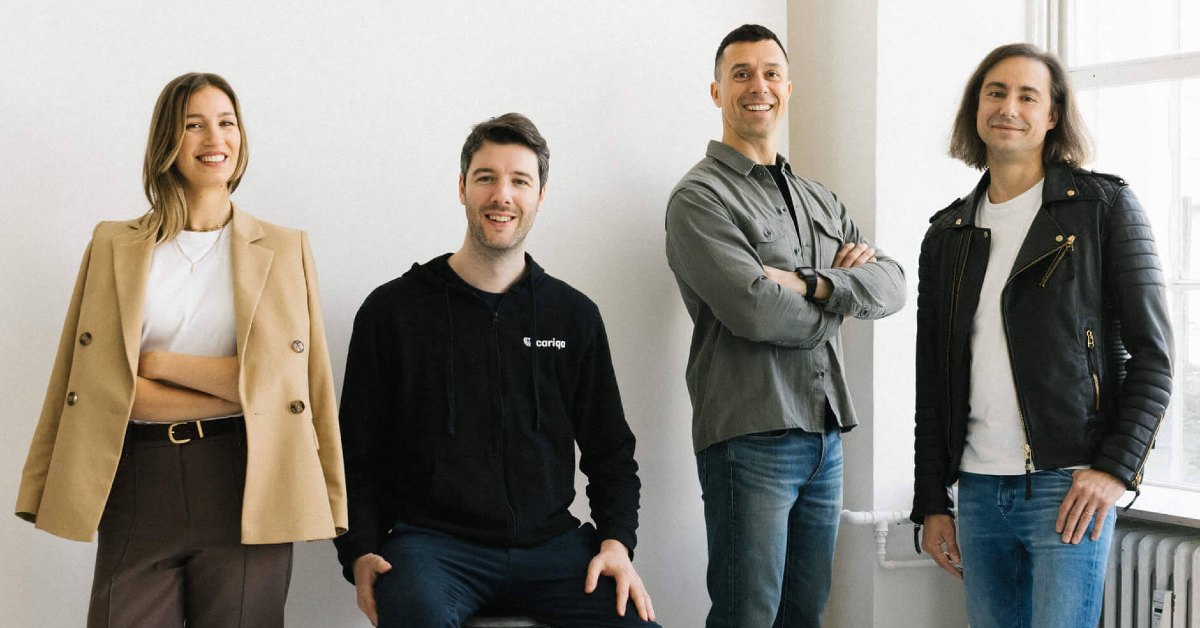


01
From telecom veteran to Dutch Startup Visa success: The Jignesh Dave story